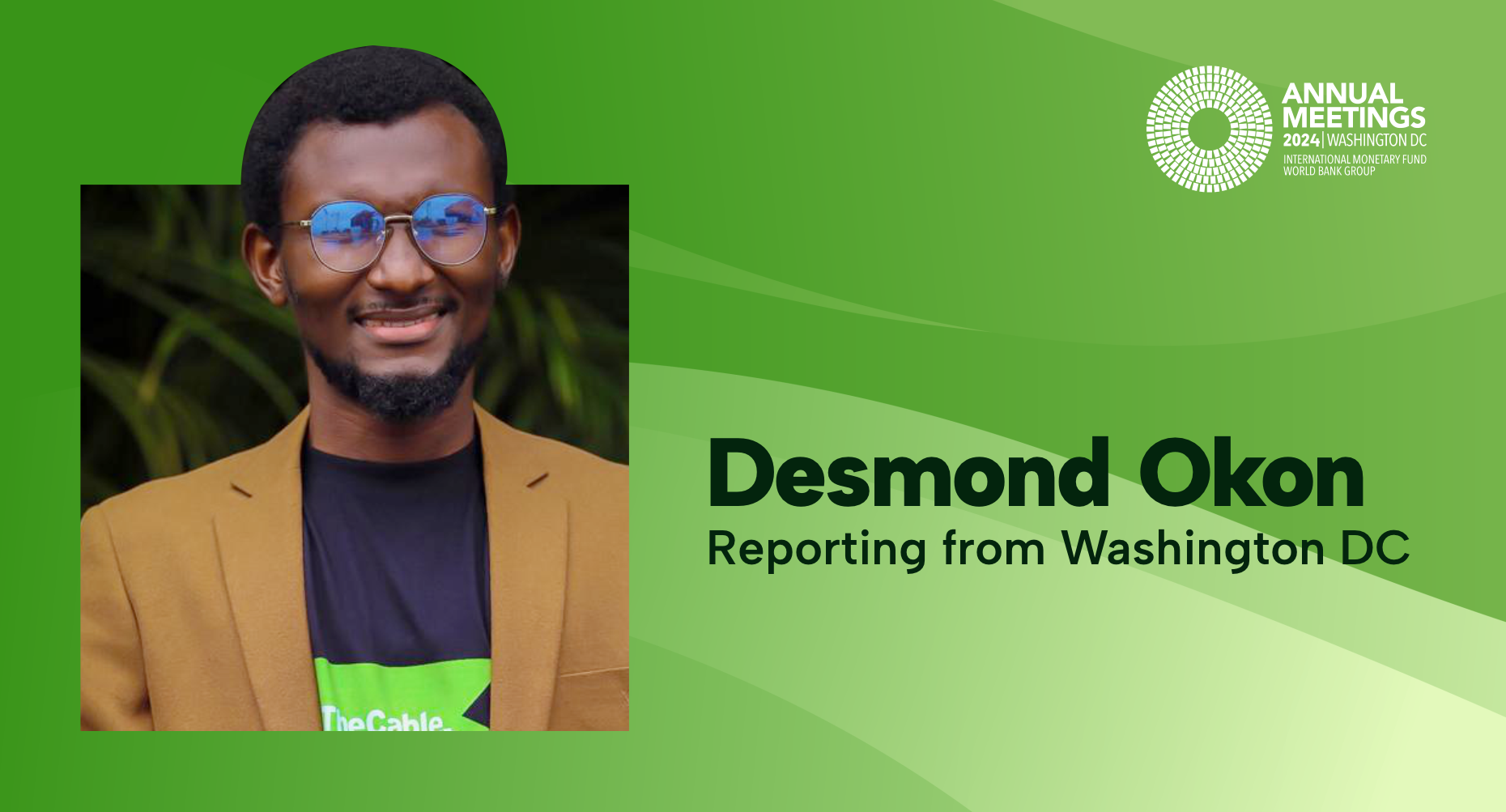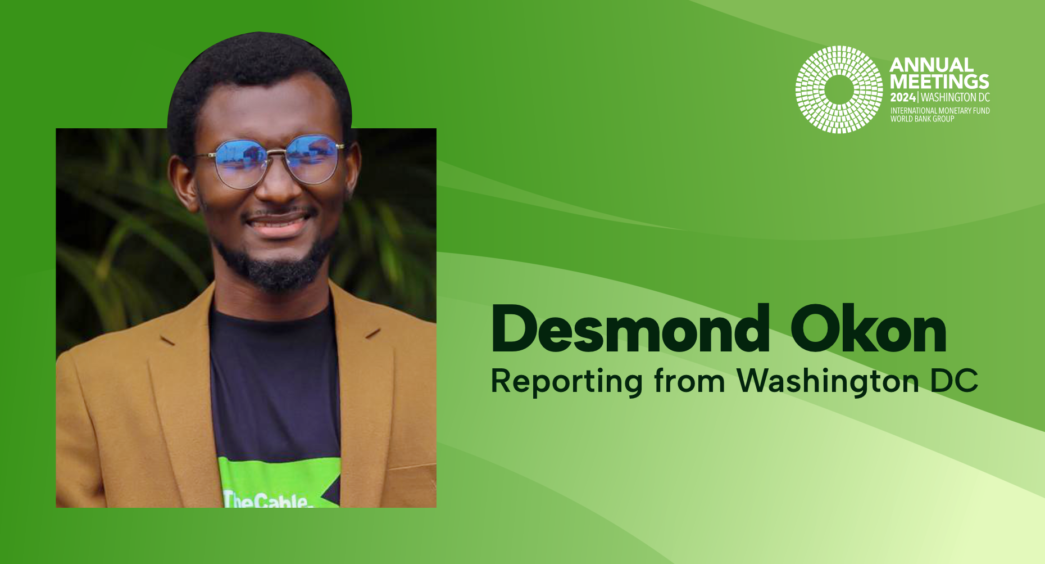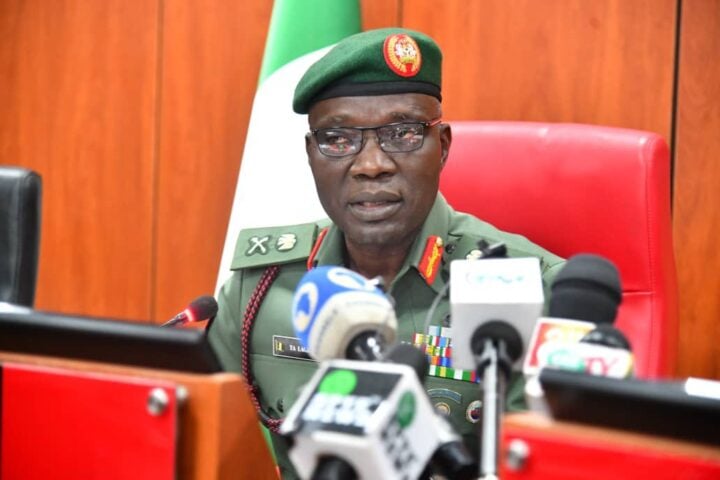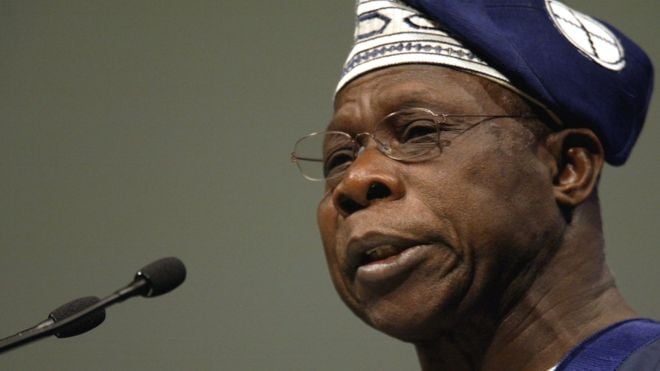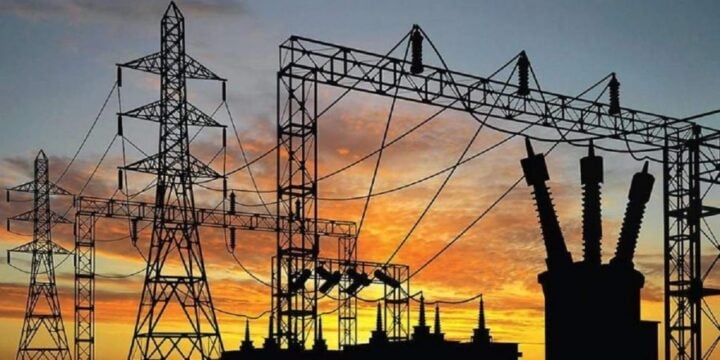
As the world eagerly anticipates an end to the fighting in Ukraine, the crisis in the Middle East has become a fresh source of concern as geopolitical tensions often come bearing woes for the global economy.
Echoing that worry recently, Ajay Banga, World Bank’s president, had warned that a significant widening of the Israel-Gaza war could lead to major impacts on the global economy, amid swelling fears that warring parties could target oil infrastructures which could spike the price of the commodity.
Amid prices rising and resources shrinking worldwide, global economic downturns often leave countries in unpleasant conditions, with low and middle-income countries suffering the most.
Advertisement
The 2024 annual meetings of the International Monetary Fund (IMF) and World Bank Group (WBG) will begin on Monday (today), providing governments the opportunity to reassess their policies in response to various economic challenges.
For one week, policymakers, international organisations, and the private sector — led by the Bretton Woods institutions — will take decisive and coordinated actions to build resilience as the world continues to battle inflation, food and energy crises, global wars, climate change, and worsening poverty.
For Nigeria, the event would be an opportunity for the country’s minister of finance and the central bank governor to continue the search for investors, restore confidence in the nation’s foreign exchange system and examine how recent policies implemented in the country compare with those in other climes.
Advertisement
TheCable’s Desmond Okon is in Washington DC to provide updates on the decisions reached by global leaders and how they will shape Nigeria’s economy.
MONDAY, OCTOBER 21 | GLOBAL PARLIAMENTARY FORUM
The event will commence with opening remarks from Kristalina Georgieva, the Managing Director of the International Monetary Fund (IMF). This would be followed by the unveiling of the ‘Decades of Delivery’ art installation.
During the day, an analytical corner will be held, showcasing original research by various authors on the United States (US) economy, job creation challenges in Sub-Saharan Africa, and the effects of climate shocks on inflation and monetary policy in the Middle East and Central Asia.
Advertisement
The day will conclude with the annual meeting of the Bretton Woods committee themed “Evolving For Tomorrow: The Next 80 Years of Bretton Woods.” This meeting will examine the impediments facing the international financial system and explore potential solutions for ensuring its resilience.
TUESDAY, OCTOBER 22 | WORLD ECONOMIC OUTLOOK
Although activities are expected to kick off with closed meetings, the day is studded with news conferences. The first for the day would be a briefing on the World Economic Outlook, providing a comprehensive analysis of the global economic landscape, including economic growth, inflation, and key macroeconomic indicators.
After a ‘Rapid-Fire Introduction’ of CBDC handbook chapters, a town hall meeting with the president of the World Bank Group will be streamed live.
Advertisement
Additionally, there will be a press briefing on the global financial stability report, which will focus on current market conditions, highlighting systemic issues that may threaten financial stability and sustained market access by sovereign borrowers.
A press briefing by the G-24 will also take place, featuring Wale Edun, Nigeria’s minister of finance and coordinating minister of the economy, as the second vice-chair.
Advertisement
Sessions on the future of cross-border payments and opportunities for energy transition mineral value chains in developing Countries will be held.
WEDNESDAY, OCTOBER 23 | FISCAL MONITOR REPORT
Advertisement
The day would begin with the civil society policy forum, themed ‘Transparency is Not Enough: Empowering Domestic Oversight of Public Debt.’
Later in the day, the IMF’s Fiscal Monitor Report, which presents fiscal projections for individual countries, prepared by IMF desk economists, will be launched at a press briefing.
Advertisement
On Wednesday, participants would observe several World Bank closed meetings and a session on harnessing big data for transformative policymaking.
THURSDAY, OCTOBER 24 | IMF GLOBAL POLICY AGENDA
On Thursday, three closed World Bank meetings will segue to a press briefing by Georgieva on the IMF’s global policy agenda, identifying the policy challenges faced by member countries and how the IMF can assist.
In addition, a capacity development session will be held to address the need for a unified global effort and innovative analytical approaches to curb cross-border illicit proceeds.
Later in the day, there will be a press briefing by G-20 Brazil focusing on building a just world and a sustainable planet.
There will also be a discussion by the World Bank on boosting revenues through broadening the tax base.
FRIDAY, OCTOBER 25 | AFRICAN DEPARTMENT
The IMF’s African department, led by Abebe Aemro Selassie, will hold a press conference on the regional economic outlook for Sub-Saharan Africa.
Another press conference will be held by the International Monetary and Financial Committee (IMFC), featuring Georgieva and Mohammed Aljadaan, the committee’s chair.
Additionally, a seminar, titled, ‘Monetary Policy in a Shock-Prone World’, will take place later in the day.
SATURDAY, OCTOBER 26 | AFRICAN FINANCE MINISTERS
The event will conclude with a press briefing featuring African finance ministers.
The final session will be the Per Jacobson lecture, exploring the evolving coherence between the Bretton Woods institutions and the World Trade Organisation (WTO), with a focus on the intersections of climate and trade.
The session will begin with a 20-minute overview lecture, followed by a panel discussion with three experts delving into the implications of global trade dynamics, climate policies, and the future of globalisation.
Add a comment

